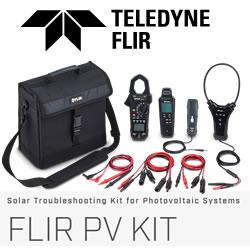NREL TO CONDUCT AUTOMOTIVE RESEARCH WITH KOREAN COUNTERPART
IMPROVING BATTERIES FOR ELECTRIC VEHICLE USE IS COMMON GOAL
GOLDEN, COLO., MAY 11, 2004 - The U.S. Department of Energy's National Renewable Energy Laboratory (NREL) will collaborate with the Korea Automotive Research Institute (KATECH) on a project to test advanced battery systems that could be used in future generations of electric, hybrid and fuel cell vehicles.
The research effort was announced today following the formal signing of a memorandum of understanding by Stan Bull, NREL associate director of science and technology, and Young Wook Noh, president of the KATECH, at the main NREL campus in Golden.
"We are pleased to join with researchers from Korea to seek new solutions to the transportation technology challenges that confront both our countries," Bull said.
The South Korean delegation also met with NREL Director Richard Truly and researchers from NREL's Advanced Vehicle Systems Group.
During the past eight years, NREL has developed unique expertise and capabilities to work with industry partners on battery thermal testing, electric and hybrid vehicle simulation. More information about NREL's work can be found at NREL's Energy Storage Web site:
KATECH is supported mainly by the Korean Ministry of Commerce, Industry and Energy (MOCIE), and serves as the Korean national laboratory for automotive research. More information about KATECH's work can be found at
NREL is the U.S. Department of Energy's premier laboratory for renewable energy research and development and a leading laboratory for energy efficiency R&D. NREL is operated for DOE by Midwest Research Institute and Battelle.
Featured Product

FLIR PV KIT - Solar Troubleshooting Kit for Photovoltaic Systems
FLIR PV kits are designed to assess the performance, safety, and efficiency of residential, commercial, and industrial solar panels and photovoltaic systems. PV kits from FLIR help you diagnose faults and potential failures and ensure optimal energy production, system longevity, and compliance with industry standards. With a PV kit from FLIR, you'll be perfectly equipped for any solar installation or repair.
